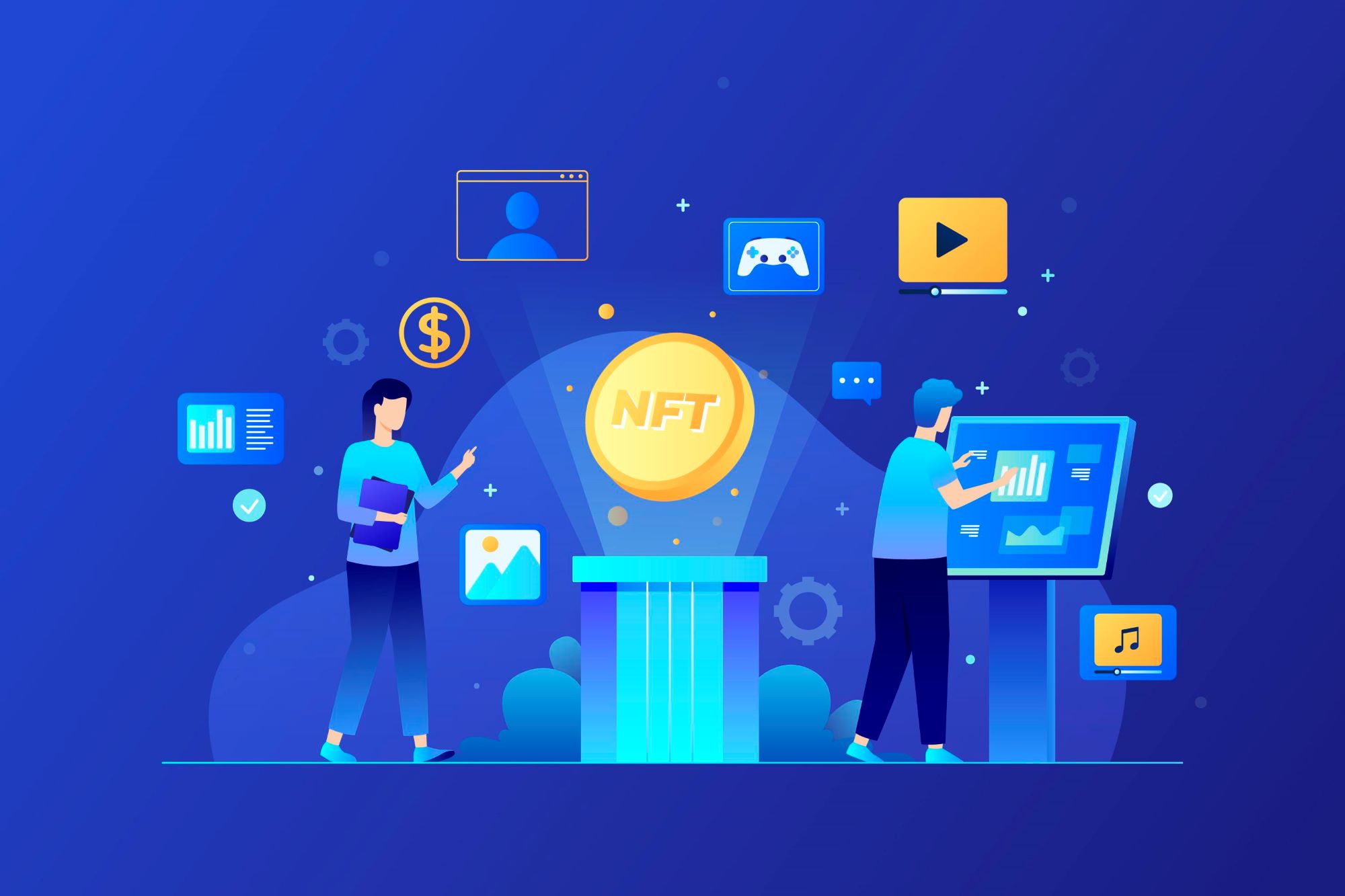Token Generation Events (TGEs) play a pivotal role in the world of blockchain, serving as a primary method for raising funds for new projects. These events involve the issuance and distribution of digital tokens, often in exchange for cryptocurrency investments. However, ensuring trust in TGEs is essential to maintain the credibility and integrity of the projects.
The Need for Trust in TGEs
In traditional fundraising methods like Initial Public Offerings (IPOs) or venture capital rounds, the process is often shrouded in opacity. Investors, especially smaller ones, are frequently left in the dark regarding the allocation and utilization of their funds. This lack of transparency not only breeds suspicion but also erodes trust in the entire fundraising ecosystem. Moreover, decision-making power tends to be concentrated in the hands of a select few individuals or entities, further exacerbating concerns about fairness and accountability.
Furthermore, the absence of mechanisms for public scrutiny leaves room for manipulation and exploitation. Without clear visibility into the inner workings of fundraising processes, stakeholders may hesitate to participate, fearing potential misuse of their investments. As a result, building trust becomes a significant challenge, hindering the growth and sustainability of projects seeking funding through traditional avenues. Therefore, there is a pressing need to address these trust deficits and establish more transparent and equitable fundraising mechanisms, such as Token Generation Events (TGEs).
Blockchain Solutions for Trust in TGEs
| Solution | Description | Benefits | Example |
| Smart Contracts | Self-executing contracts with predefined terms written in code. Automates agreement execution and enforces terms without intermediaries. |
– Automation of agreements – Increased transparency and trust |
Ethereum’s Solidity |
| Immutable Ledger | Blockchain serves as an unchangeable ledger, recording all transactions transparently and tamper-resistantly. Provides verifiable transaction history and prevents data manipulation. |
– Transparent record-keeping – Verifiable transaction history |
Bitcoin Blockchain |
| Decentralized Consensus | Blockchain networks rely on decentralized consensus mechanisms like PoW and PoS to validate and confirm transactions without a central authority. Prevents double-spending and fraud. |
– Validation without central authority – Prevention of fraudulent activities |
Ethereum’s PoW/PoS |
| KYC/AML Compliance | Implementing KYC/AML checks ensures participant identity verification and compliance with regulations, enhancing trust and mitigating risks. |
– Identity verification – Compliance with regulatory requirements |
Compliance platforms |
Smart contracts facilitate automated execution of agreements, ensuring transparency and reducing the need for intermediaries. The blockchain’s immutable ledger provides a transparent record of transactions, preventing tampering and manipulation. Decentralized consensus mechanisms validate transactions without central authority, ensuring security and trust. Implementing KYC/AML checks enhances trust by verifying participant identities and ensuring compliance with regulations.
Ensuring Transparency and Security
To enhance trust in Token Generation Events (TGEs), blockchain projects implement various measures aimed at ensuring transparency and security:
KYC/AML Compliance
- Know Your Customer (KYC) procedures and Anti-Money Laundering (AML) checks are conducted to verify the identities of participants.
- KYC involves collecting personal information from participants, such as government-issued IDs, to verify their identities.
- AML checks are performed to detect and prevent illicit activities, such as money laundering and terrorist financing.
- By implementing KYC/AML compliance measures, blockchain projects mitigate the risk of fraudulent activities and ensure that TGE participants are legitimate.
Public Audits and Reporting
- Independent audits of smart contracts are conducted by reputable third-party auditors to ensure their integrity and security.
- Auditors review the codebase of smart contracts to identify vulnerabilities and ensure compliance with industry best practices.
- Regular reporting to stakeholders, including investors and community members, provides transparency and accountability throughout the TGE process.
- By making audit reports and project updates publicly available, blockchain projects demonstrate their commitment to transparency and build trust with stakeholders.
Implementing these measures not only enhances transparency and security in TGEs but also instills confidence among investors and participants. By adhering to KYC/AML compliance standards and conducting public audits and reporting, blockchain projects demonstrate their commitment to upholding high standards of integrity and accountability.
Building Community Trust
Building trust within the community is vital for the success of any blockchain project. Engaging with the community through open communication channels and transparent decision-making processes fosters a sense of inclusion and involvement among investors and users. By actively listening to feedback, addressing concerns, and providing regular updates on project developments, blockchain teams can establish strong relationships with their community members.
Additionally, fostering a supportive and collaborative environment encourages community participation and contribution to the project’s success. Ultimately, building community trust creates a loyal user base that is more likely to support the project in the long term and contribute to its growth and adoption.
Regulatory Compliance
Navigating the complex landscape of regulatory frameworks is crucial for blockchain projects to maintain trust and avoid legal complications. Compliance with regulatory requirements helps establish legitimacy and credibility in the eyes of investors, regulators, and the broader community. By understanding and adhering to relevant laws and regulations, blockchain projects can mitigate legal risks and ensure a stable operating environment.
This often involves working closely with legal experts to interpret and apply regulations effectively, as well as proactively engaging with regulators to address any concerns or uncertainties. By prioritizing regulatory compliance, blockchain projects demonstrate their commitment to operating ethically and responsibly, which in turn builds trust and confidence among stakeholders.
Case Studies
Examining successful Token Generation Events (TGEs) that prioritize trust-building strategies provides valuable insights into the effectiveness of blockchain technology in fundraising. Projects that implement transparent TGE processes and actively engage with their communities have demonstrated the potential of blockchain to revolutionize fundraising. For example, projects that provide clear and comprehensive information about their tokenomics, team members, and development roadmap instill confidence in investors and attract widespread support.
Additionally, projects that foster open communication channels and address community concerns promptly create a positive feedback loop that strengthens trust and loyalty. By highlighting these case studies, blockchain projects can learn from past successes and adopt strategies that promote transparency, accountability, and community engagement in their own TGEs.

